Is your foundation matching up?
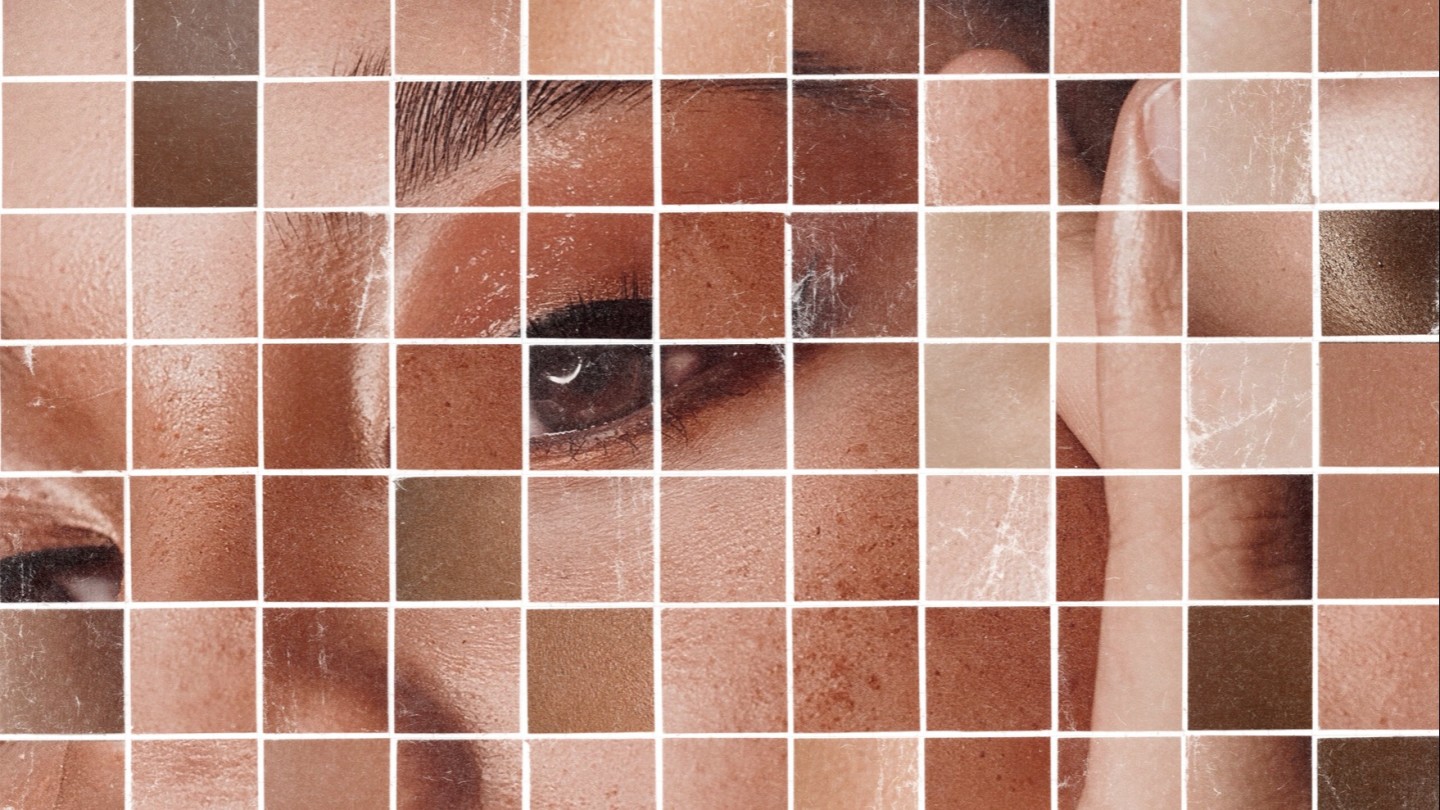
Roula Khalaf, Editor of the FT, selects her favourite stories in this weekly newsletter.
The right foundation is to your make-up bag what the right bra or jeans are to your wardrobe: elusive. And like those fashion equivalents, the best ones are a mix of design and engineering, embodying an impossible balancing act that should give coverage, but not too much. A flawless finish, but not obviously fake. We want to conceal pores and blemishes and lines, but we don’t want to look like we’re wearing make-up. And while we want it featherlight on the complexion, we’d still like a lot of skincare ingredients like hyaluronic acid and sun protection thrown in.
And that’s all before the biggest hurdle: finding the right colour. The beauty world has historically fallen short in offering a diverse range of shades. With few exceptions, it wasn’t until the launch of Rihanna’s line Fenty Beauty in 2017, which burst onto the scene with 40 foundation shades, that the rest of the industry started to think about catering to a broader range of tones.
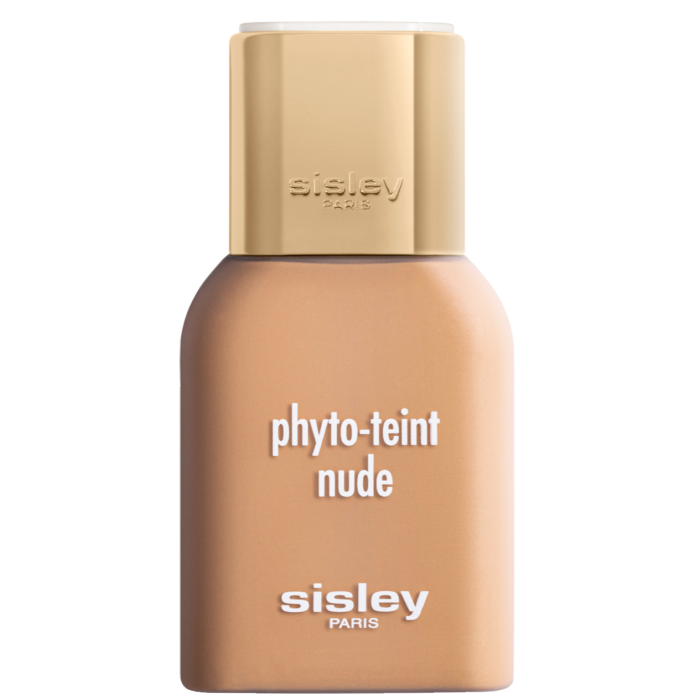
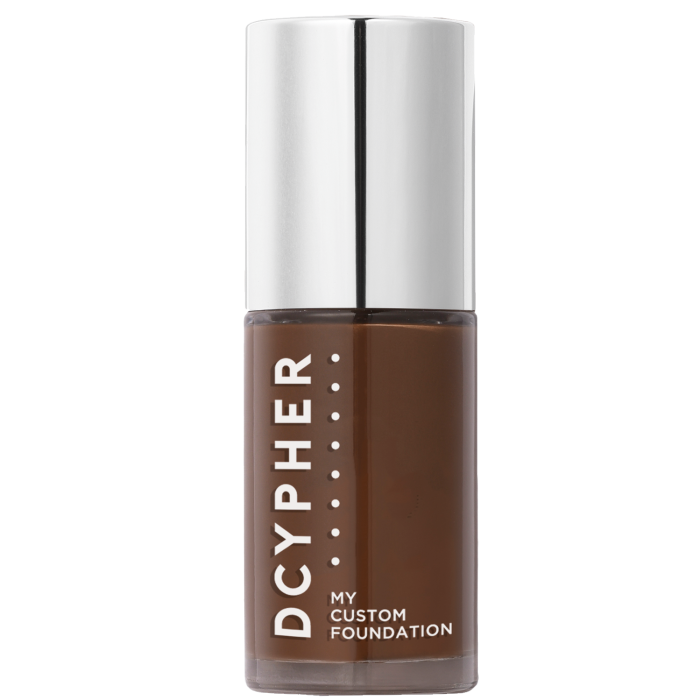
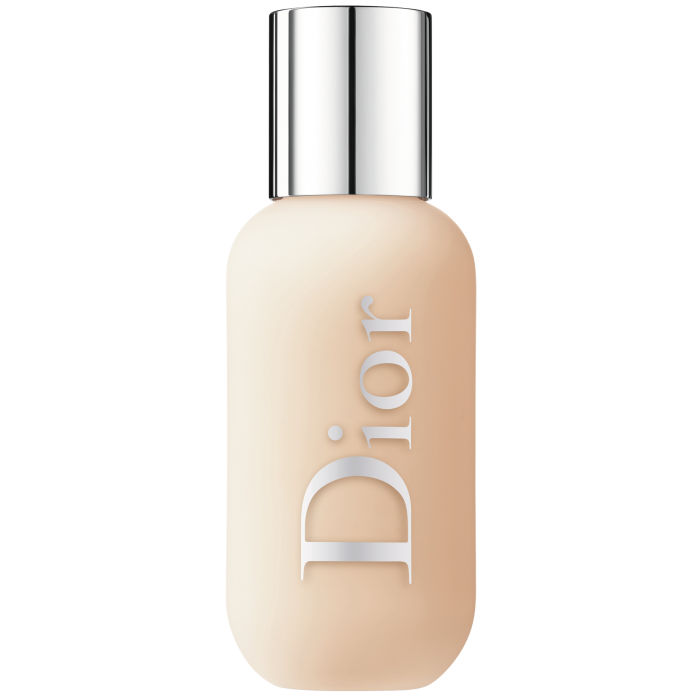
Many make-up artists, beauty editors and influencers believe that any brand not stepping up must be held to account: it’s commonplace now for influencers to have an “inclusion rider” that stipulates a minimum number of shades a brand must have before agreeing to work with them. (One Insta-beauty influencer who didn’t want to be named told me she had recently declined a foundation campaign based on its “frankly pathetic” seven shades.)
Dr Ateh Jewel, a beauty editor, broadcaster and diversity advocate, has spent her professional career going to foundation launches and seldom finding anything to match her skin. “As a beauty editor, I’d hear the same excuses from brands year in, year out,” she says. “‘Black people don’t buy premium beauty. Darker shades don’t sell. We’re bringing out your shade in six months.’ But how it makes you feel is that you are not important. Beauty reflects power and your status in society, and if you can’t access it, you feel invisible.”
While she agrees that the choice has radically improved former offerings, Jewel says that most brands still don’t grasp that, for darker shades, it’s not just a question of “adding more pigment” but understanding how undertones work. “I don’t know any living person who is this ashy brown, or this weird ‘clay court’ reddish-brown,” she tells me. “You can have 40 shades and still none of them looks like real skin.” As a result, she is working on her own range of foundations, with just “eight or 10” shades, all based on people she knows. “I’m starting with the ‘in-between’ shades, because that’s what’s still not out there,” she says. “My daughters are mixed heritage. They are the benchmark for two of my shades.” The project is very personal: “It’s part beauty brand, part battle for my daughters’ self-esteem.”
Black-owned beauty brands are also now teaching the industry that foundation is only the start of the story. It is a criticism often levelled at the mainstream companies that while they may have improved their foundation shade range, many of their other cosmetics are still not formulated to give good colour pay-off on darker skin tones. US brand Mented – “pigment is our passion” – was founded by KJ Miller and Amanda E Johnson to overcome their frustration that there were no “nude” lipsticks to match black skin. The brand now has a range of glosses and lipsticks designed to complement darker skin tones, and its Skin By Mented stick foundations constantly sell out.
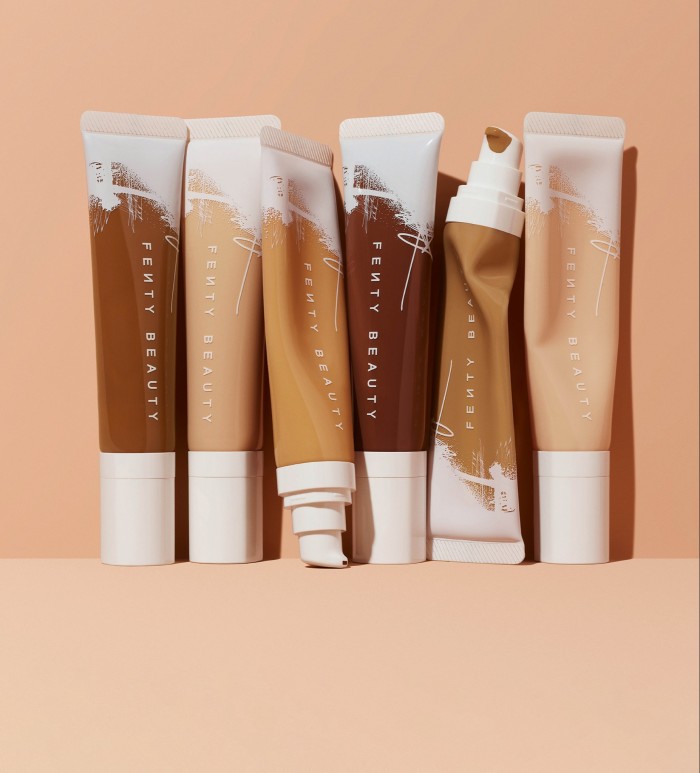
Similarly, Live Tinted – available in the UK at Cult Beauty – was created by South Asian-American influencer Deepica Mutyala, who developed her chubby pencil-like Huestick after a video went viral showing her concealing her dark circles with a red lipstick (to neutralise hyperpigmentation). “If you’ve ever felt left out of the beauty narrative,” she says, “this is the brand for you.”
One way of solving the problem of colour-matching entirely is to go high-tech. Foundation brand DCYPHER was founded by two ex-big-brand employees who left the industry to pursue a vision of beauty that they want to be totally bespoke. After their state-of-the-art scanner analyses your face online, a bespoke “Skin ID” is created so that your personalised formula can be made. You’re then sent a sample that you can either accept (and request your full-size bottle) or tweak if there’s anything you want to change. When mine arrived, it looked unappealingly grey in the pot. When I put it on, it was hands down the best shade match I’ve ever had.
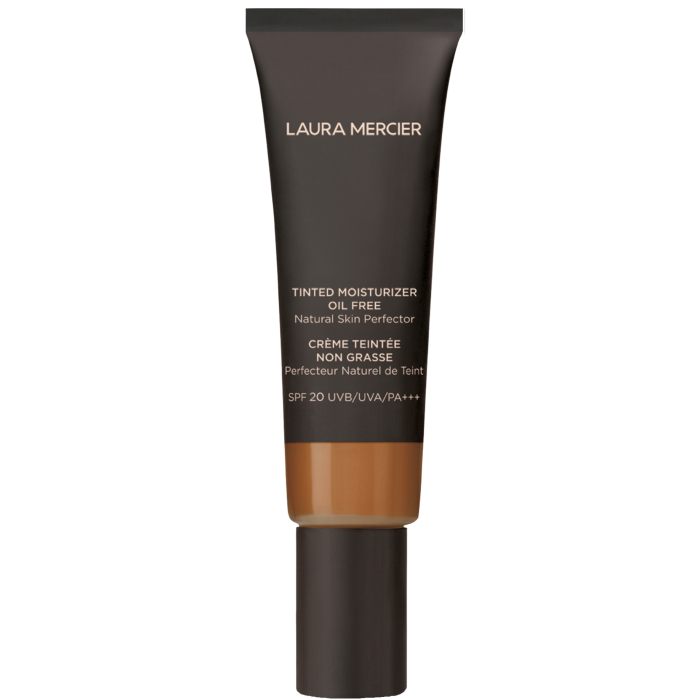
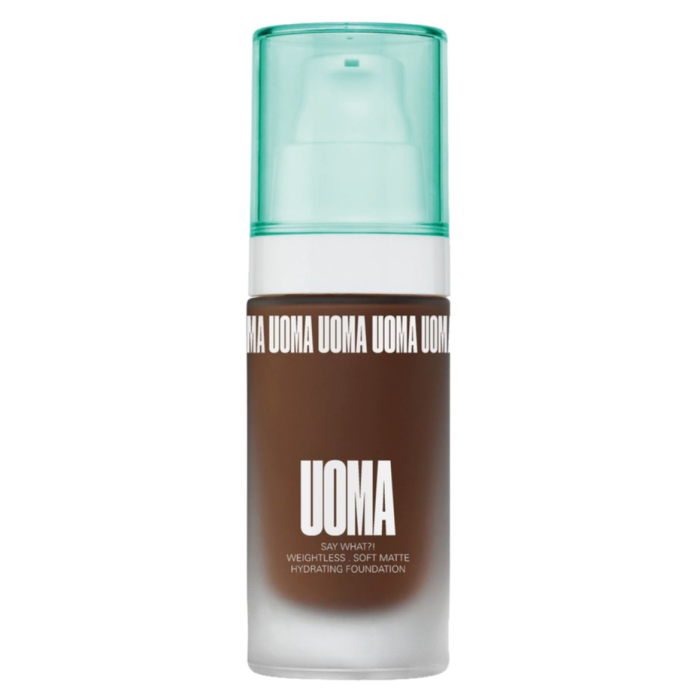
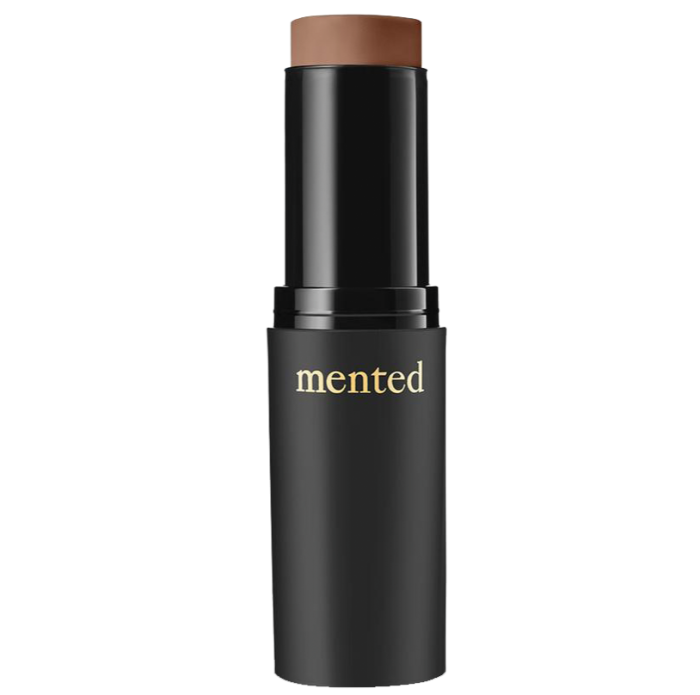
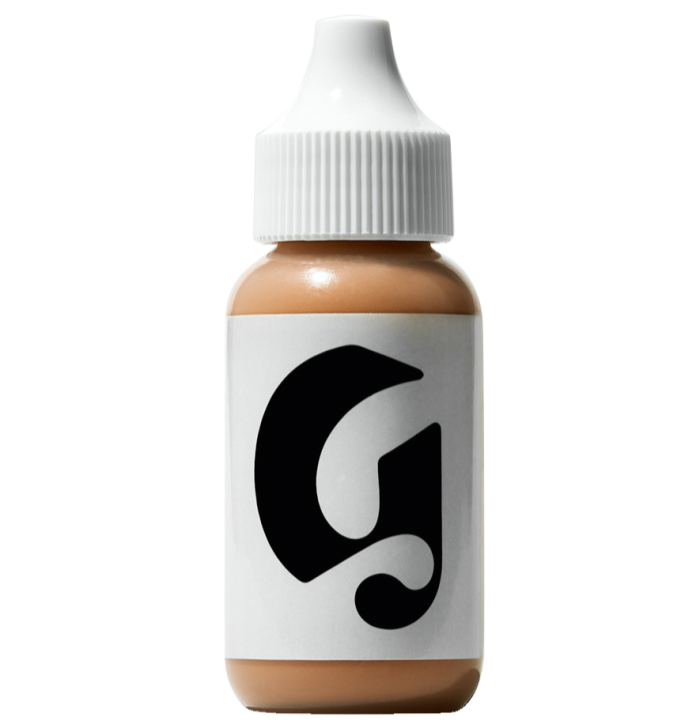
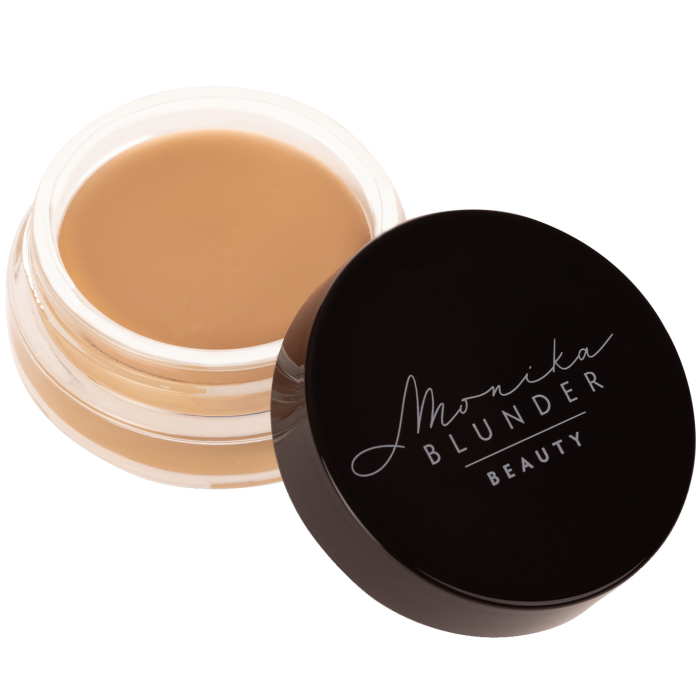
“For us personalisation isn’t a gimmick,” says DCYPHER co-founder Adam Triantis. “There’s forever been a segment of foundation consumers who haven’t been catered to, but also a segment of consumers who don’t feel confident choosing something based on a tiny swatch they see online, or being sold something in 60 seconds at a counter.” Triantis explains that the colour-matching technology developed by the brand can be used for any liquid cosmetic, “but we think we can have the biggest impact in foundations, because it’s where we can move the dial the most”.
The make-up artist Bobbi Brown is one person that Jewel says “always cared about undertones”. But instead of creating a foundation for her new Jones Road line of products, Brown is offering a Face Pencil, which is available in 25 shades. The pencil is designed to “spot treat” areas of redness, blemishes or shadows rather than adding blanket coverage to the whole face. “The Face Pencil is ready to replace your foundation,” says Brown, who “hates” the feel of make-up. She does, however, suggest you need them in three shades: “I use the lightest one under my eyes, then I take the medium colour and put it around my nose and around my mouth. Lastly, I apply the darker colour to my forehead and on my cheeks. I only put it where I want either brightness or to cover spots – you don’t need it everywhere.”
New formats such as these suggest we’re on the cusp of a new wave of products that will allow us to rethink the “full face” look. Blunder Cover is a new complexion product from LA-based make-up artist Monika Blunder. It’s available in just 14 shades, but ones that she believes are “versatile enough to be mixed to create the perfect shade for almost any complexion”. It’s in a pot, almost like a large, very creamy concealer, and you apply it with a smallish, firm brush (she sells a Hybrid Cream Brush for the job).
Dior Backstage Face & Body Foundation feels more traditional, except it has a precision nozzle applicator and a sheer, almost watery texture that dries quickly to a kind of second skin. This kind of super-light, fresh-feeling foundation – more like ink than cream – is the modern alternative to smothering your face. Glossier’s Perfecting Skin Tint has the same effect; the brand describes it as existing “in the land between make-up and bare skin”.
Textures have improved, shades are getting better. Next comes the challenge for beauty brands to extend their efforts in inclusivity by extending their reach beyond the obligatory range of foundations and into better concealers and colour products, too. Surely, a line-up of products in which anyone can use everything is the firmest foundation a beauty brand could have.
How many hues does your beauty brand do?
51
Uoma Say What?! Foundation, £29.50
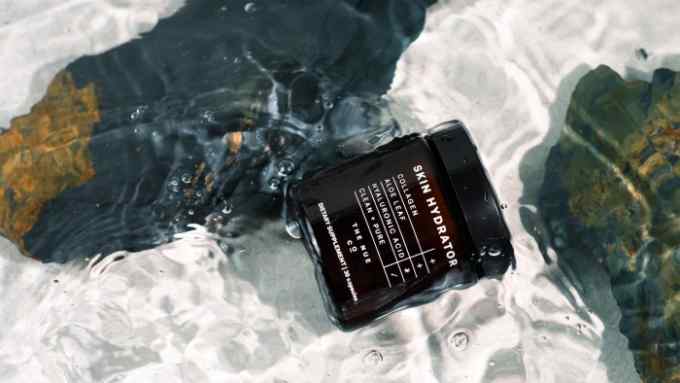
Comments